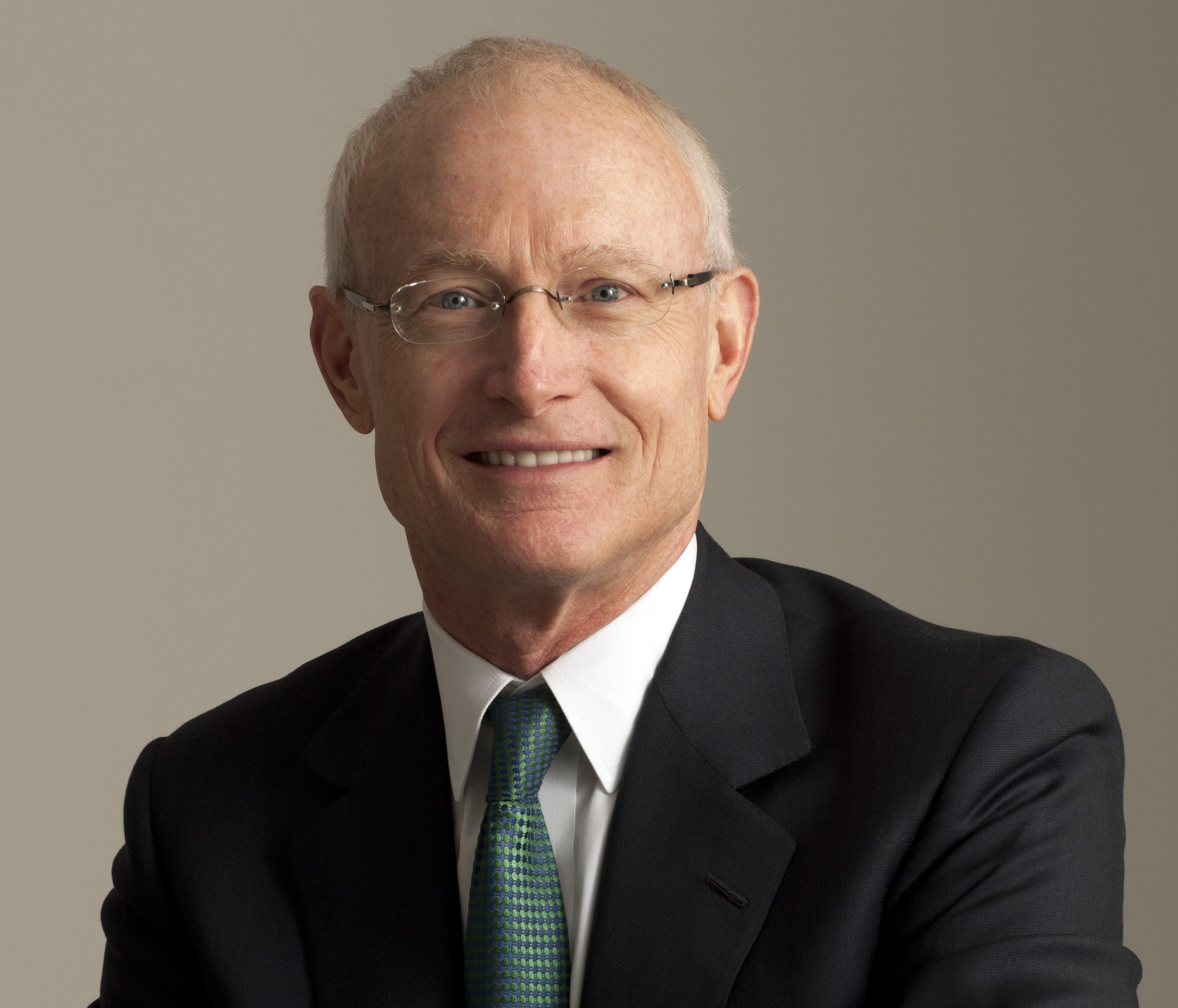MIT on the Problems with Twitter, and More – Boston News

Let’s explore some of the most interesting stories that have emerged from Boston business schools this week.
Marketers Take Note: When Too Many Choices are a Burden, Not a Benefit – Questrom School of Business News
BU Questrom School of Business Ph.D. alum Sarah Whitley recently co-authored a new Journal of Consumer Research paper with Associate Professor Remi Turdel and fellow Assistant Professor Didem Kurt, in which they discovered “that people typically want more choices when they’re buying for pleasure [and they want] fewer choices when they make a purchase for strictly utilitarian or functional reasons.”
The research dives into what is more commonly known as the Paradox of Choice. The idea crept into the market lexicon shortly after the release of the 2004 book The Paradox of Choice – Why More Is Less from psychologist Barry Schwartz, NYU alum and U. Penn Ph.D. The general idea Schwartz derived was that consumer anxiety could be caused by too many options. However, research from Whitley, Turdel, and Kurt reveal that it may only pertain to specific kinds of purchases, not simply overall.
Whitley says the major takeaway is that businesses can be more strategic if they know “what motivates the buying decisions of their customers.”
“For product categories where people feel that they have unique preferences, it may be worth it to have more variety. It may be fine to reduce the number of offered products where this is not the case.”
You can read the full article here.
Solving Twitter’s ‘Follow-Back’ Problem – MIT Sloan Newsroom
About four years ago, MIT Sloan Associate Professor of Operations Tauhid Zaman put together a social media experiment in which he used Taylor Swift’s friends on Twitter to “open the gates to her inner circle.”

Dubbed the “follow-back problem,” Zaman sought to understand “the underlying dynamics of follows on Twitter, [such as] what kinds of Twitter interactions matter the most when trying to get followers? And do overlapping social networks actually help build connections? If they do, then to what degree do they help?”
Zaman found that Twitters “who don’t follow many other people are unlikely to follow you back, while those who follow a lot of people are likely to follow you if you follow and retweet them.” He also found that if, for instance, “Swift follows somebody who, in turn, follows Zaman, then Zaman has a greater chance that Swift will follow him.”
The article notes that social media tools can “have a tremendous blast radius” in terms of their ability to powerfully influence the opinions of a whole country.
“In my opinion, this can be far more dangerous than conventional weapons which have a fixed blast radius. These are weapons, and I’m building efficient ways to use the weapons, so this has to be handled with care,” Zaman said.
Read the full article, the first in a three-part series examining new work about Twitter, influence, and bots, here.
How CEOs Manage Time – Harvard Business Review
Harvard Business School Professors Michael E. Porter and Nitin Nohria recently published a piece in the Harvard Business Review that examines how CEOs allocate their time.
According to the article, face-to-face interactions take up “61 percent of the work time of the CEOs we studied. Another 15 percent was spent on the phone or reading and replying to written correspondence. The final 24 percent was spent on electronic communications.”
The authors describe the CEO’s job as “relentless.” They write, “Given that work could consume every hour of their lives, CEOs have to set limits so that they can preserve their health and their relationships with family and friends. To sustain the intensity of the job, CEOs need to train—just as elite athletes do. That means allocating time for health, fitness, and rest.”
You can read the full article here.
HBS Professor’s Research Helps Create Mapping Tool

Research by Michael E. Porter, Harvard’s Bishop William Lawrence University Professor, based at Harvard Business School, has helped to create a new tool used to provide detailed data on the presence of “clusters” and the profiles of regional economies throughout the United States.
It also features a unique listing of initiatives, government agencies, and other entities engaged in cluster-based economic development, enabling public officials, policy makers, businesses, and other organizations to gain actionable insights supporting fact-driven policy decisions that can foster regional economic growth and competitiveness.
Michael E. Porter Speaks to Fox School of Business Students in Innovation Leadership Speaker Series

In a recent visit to Temple University’s Fox School of Business, business strategist and Harvard Professor Michael E. Porter spoke to Fox MBAs in an afternoon session on the topic of creating shared value through business.
Porter, most renowned for his Five Forces analysis – a pillar of business strategy globally and taught to nearly every business student – visited Fox as part of the school’s ongoing Innovation Leadership Speaker Series (ILSS). Professor Porter is generally recognized as the father of the modern strategy field, and has been identified in rankings and surveys as the world’s most influential thinker on management and competitiveness.
In his presentation to Fox MBAs, Porter issued a clear call to action by ‘making business, and thereby the world, better. He discussed the role of business in society as creating shared value (CSV), which he described as the next step to corporate philanthropy and social responsibility in that CSV offers more impact because it addresses significant societal needs through scalable business models.
The Fox School’s Department of Strategic Management, Innovation and Entrepreneurship Institute, and Office of Research, Doctoral Programs, and Strategic Initiatives organized Porter’s visit. The Fox Innovation Leadership Speaker Series seeks to transform organizations into innovation-driven industry leaders by turning innovation research into practice. Speakers are internationally acclaimed experts who share their insights in applying proven and effective management tools for firms, large and small.
The next ILSS event, on April 24, will feature Michael E. Raynor discussing Strategy vs. Innovation: A Scientific Approach. For details, visit www.fox.temple.edu/innovation

